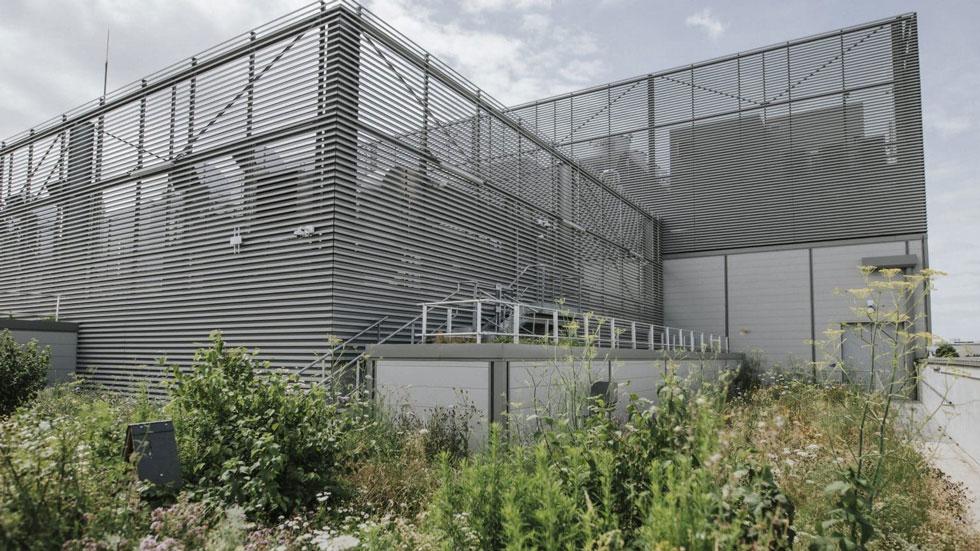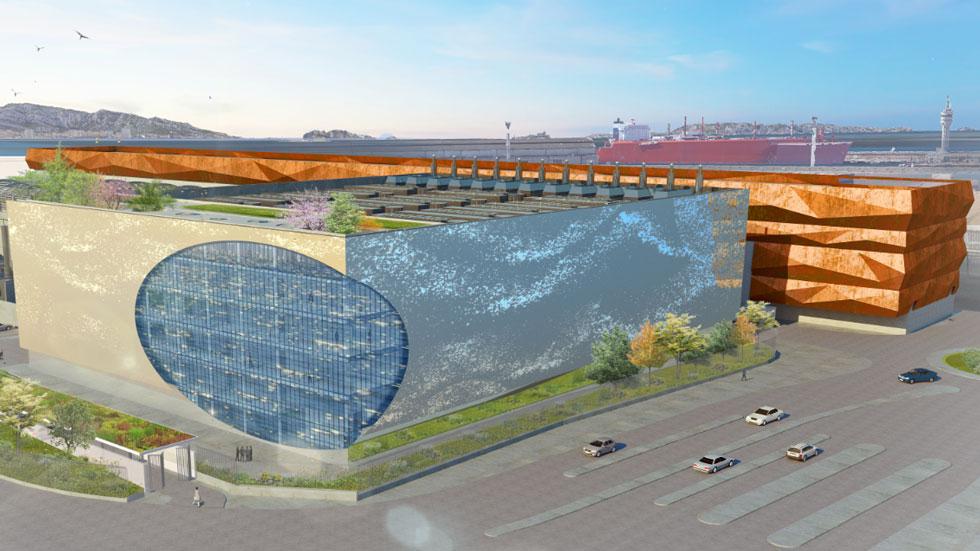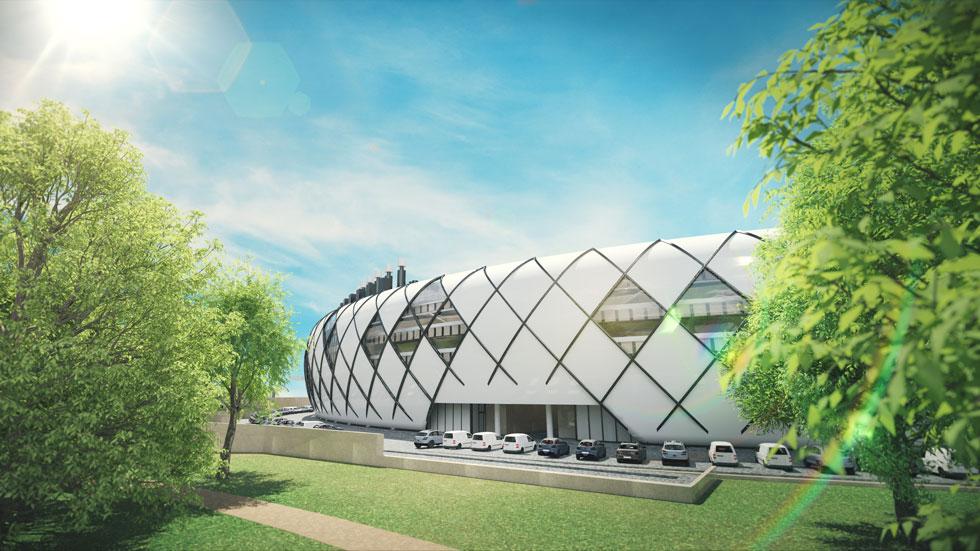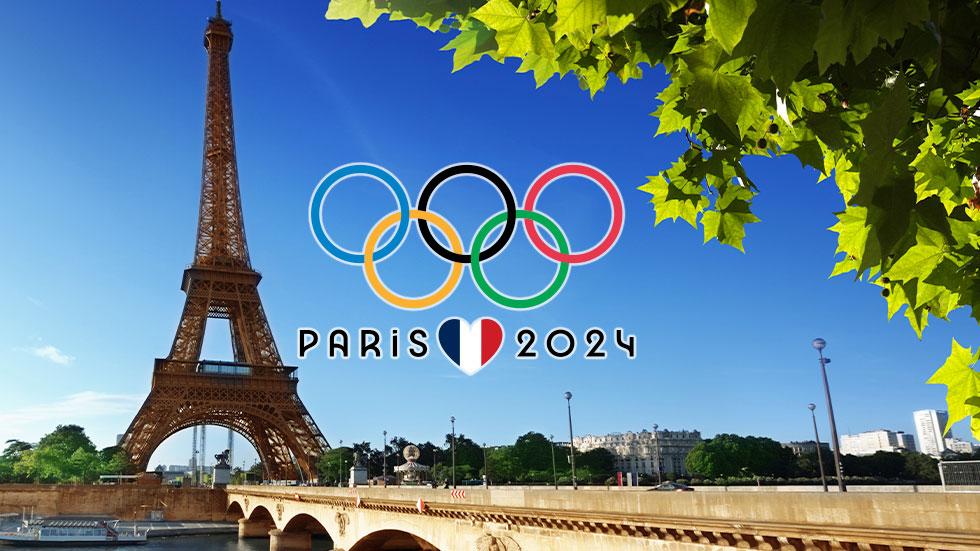
After 100 years, the Olympic Games are returning to Paris. More than 206 countries will be represented at the Summer 2024 Olympics starting July 27, with the Paralympic Games set to begin Aug.28. Behind the scenes, two REITs, Equinix, Inc. (Nasdaq: EQIX) and Digital Realty (NYSE: DLR), are playing an important role supporting the functioning of Olympic facilities and ensuring that essential communication and broadcasting needs are met.
More than 15 million tourists are anticipated to visit the French capital during the Games. Additionally, 4 billion people are expected to watch the Olympics and Paralympics. Paris 2024 will be the most digital Games ever, as athletes, fans, and the public interact across numerous social networks and platforms.
The preparation has been underway for years, with a promise to be a more urban, innovative, inclusive, and sustainable Olympics. Read on for details about how Equinix and Digital Realty are contributing to that goal.
Equinix (Nasdaq: EQIX), which owns and operates 260 International Business Exchange (IBX) data centers worldwide, has an innovative program tied to the Summer Games. Its newest high-security data center, PA10, is helping heat Paris, including the new Olympic swimming pool.
PA10, Equinix’s 10th Parisian data center, which opened in 2023, provides global and local businesses and partners with the ability to connect directly and securely to the world digital economy. Covered by 100% renewable energy, PA10 adopts multiple sustainability initiatives including a system which exports heat produced by its customers’ IT equipment. Through its Heat Export project, Equinix harnesses residual heat from its IBX data centers and channels it to nearby homes and buildings, providing a cleaner, lower-cost heat alternative to local communities.
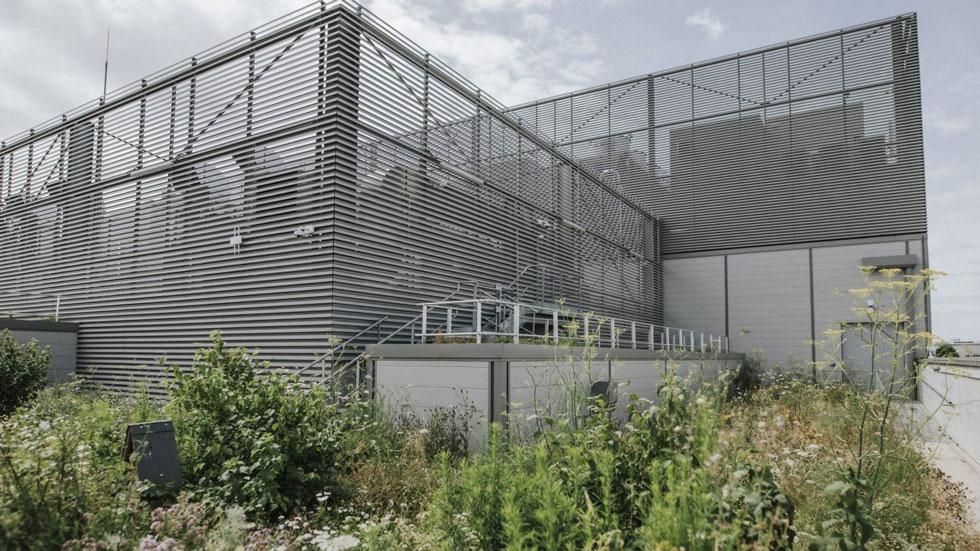
Equinix will transfer the surplus heat from PA10—free for 15 years—to the Plaine Saulnier urban development zone, just north of Paris. This former industrial area has been transformed into the Olympic Village, a green, mixed-use neighborhood that will become permanent housing following the Games. This zone includes the 2024 Paris Olympic Aquatic Centre, one of only two new permanent sports facilities developed for the Games.
PA10 will export waste heat to warm the Aquatic Centre’s 550-meter, 660,000-gallon pool to keep competitors comfortable at 28 degrees celsius or 82.4 degrees fahrenheit. The venue will host water polo, diving, and synchronized swimming.
Heating Olympic facilities gives Equinix a massive platform to show how reusing heat from its operations benefits people and the planet. Through its Heat Export program, the company is advocating for sustainable initiatives and calling on municipal planning agencies, energy utilities, and heat network operators to join in capturing and reusing residual heat.
Equinix has implemented Heat Export initiatives across Europe and the Americas with projects in France, Finland, Germany, Ireland, Switzerland, and Canada.
“It's about working together… We can't do heat export alone,” says Noah Nkonge, senior manager of sustainability and heat export for Equinix. “But we're very committed to working with our customers, our partners, and our communities.”

Bringing Stakeholders Together
The internet is a global network connecting servers stored in data centers. The equipment in these data centers produces a massive amount of heat, which typically is unused. However, PA10 reveals how waste heat can be unlocked for other uses, including heating entire neighborhoods.
At PA10, a portion of the heat is diverted through a heat exchanger, which transfers the heat from the data center cooling system to an energy company’s system. From there, the heat is pumped through underground pipes to the community.
“The heat network project is about bringing different stakeholders together,” Nkonge says. That can include municipalities and local energy utility companies.
Nkonge says this is the first pool heated by an Equinix data center. He also estimates that PA10 can heat 1,000 homes. But that’s just the beginning.
To give a sense of the scale of the opportunity, Nkonge points to a recent EU-funded study called ReUseHeat that estimated that there are approximately 77 terawatt hours of heat that can be captured from data centers in Europe. “That can supply the equivalent of five to 10 million homes across Europe with heat from data centers.”
In another strategy aligned with its sustainability goals, Equinix installed a rooftop urban farm at PA10, which includes a greenhouse warmed by waste heat from the servers below. The greenhouse is growing seasonal fruit and vegetables for the community and people at risk of food insecurity. This project is said to be the first of its kind in France.
Digital Realty Trust, Inc. (NYSE: DLR), one of the world’s largest data center companies, has had a strong presence in Paris for the last decade and a half and is playing a key role in supporting increased digital demand around the Summer Games.
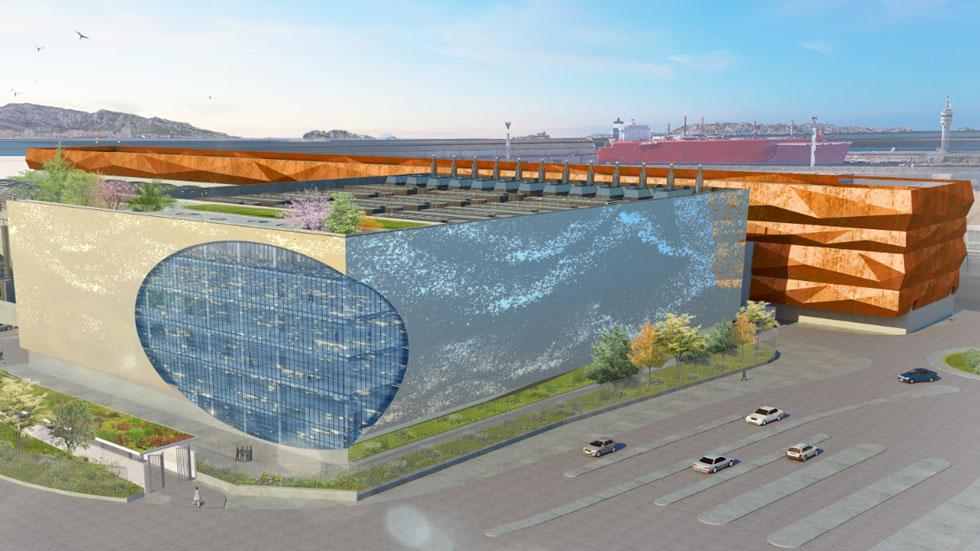
Digital Realty has 12 operating data centers comprising 1 million square feet in Paris (with 85 megawatts) and four data centers in Marseille, totaling another half million square feet of data center capacity (with 45 megawatts).
The REIT has another 48 megawatts under construction in Paris, which is roughly 44% preleased. “That’s $750 million worth of development in Paris under construction today,” says Jordan Sadler, Digital Realty's senior vice president of public and private investor relations. He adds that the REIT is the largest data center operator in Paris and Marseille.
French telecom company Orange was selected by Olympic Broadcasting Services to be the only service provider delivering live coverage from Paris 2024, including 878 events from 35 competition venues across France.
Network resilience is critical, and Orange must anticipate everything from cyber-attacks and climate disasters to fiber outages. “The mission, of course, is reliability of the content capture and distribution,” Sadler says.
Proximity Can Be Key
In the case of Paris, Sadler says, you have to think about all the providers of the technology, communications, and broadcasting around the Olympics. “Our data centers support that.”
Sadler says five of Digital Realty’s data centers are located very near where the Olympics are being held, and that will ultimately help support the IT load.

“That data center capacity is very well-situated to be able to support all the systems integrators, cloud players, networks, and telecommunications companies, and then just every IT-oriented company that’s playing a supporting role around the Olympics,” he explains.
Proximity can be key, Sadler continues, especially when it relates not only to communication but also broadcasting video over the internet.
“When people think about data centers, they don't often think of ‘location, location, location,’ but being proximate to the games is important because of the latency factor,” Sadler says. “The closer you are, the better the performance is going to be of the networks, and essentially, capturing the distribution of this footage and other communications around it.”
The significance of Marseille, he notes, is that sailing at the Olympic Games will take place on the waters of the Marseille Marina. “Our data centers are well-situated vis-à-vis the capture and distribution of content around the games that are seafaring in nature,” Sadler notes. “In Marseille, we have over 200 networks, which is essentially one of the densest network hubs in the world.”
Economic Impact
There’s obviously a large economic benefit from the Olympics, but Sadler says it's hard to pinpoint specifically in a short window of time as it relates to Digital Realty.
“Demand has been building for at least the last five years,” he says. “And while we’ve seen incremental demand this year that we feel very confident is tied to the Olympics, it’s hard to peg it specifically and relative to the scale of our company. There's just been a nice boost to that market.”
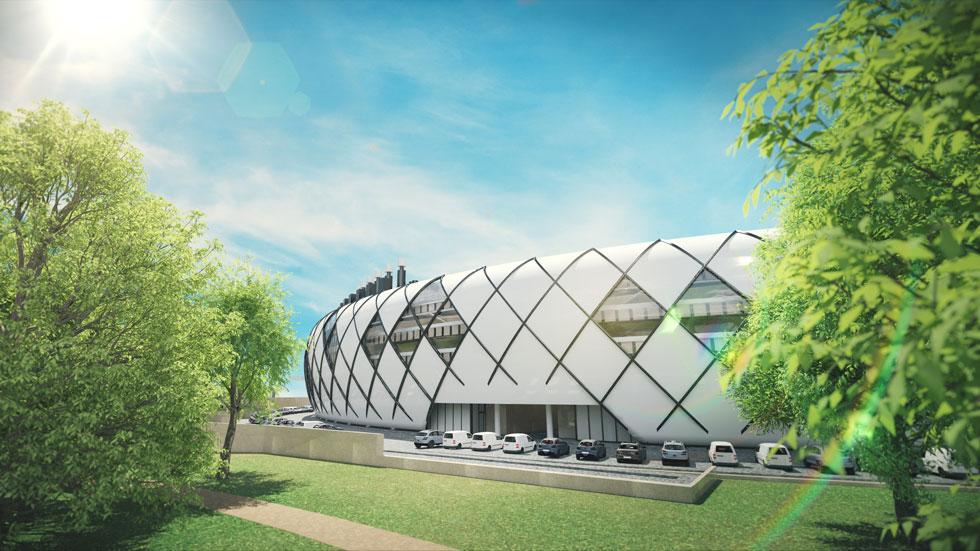
In Paris alone, Digital Realty has more than 150 network service providers. From a communication standpoint, Sadler says it’s about getting the content out to the 4 billion people estimated to view some images and/or footage in 4K imagery over the course of Olympics and the Paralympics. “There has to be redundancy and resiliency. That's the most important job, and the data centers and cloud players are built around that,” he says.
And with more than 15 million tourists expected, there’s also the impact of their mobile devices coming into Paris, and then the content likely filtering through Digital Realty’s data centers at some point, Sadler points out.
There’s also an indirect impact due to the vast number of visitors. For example, Parisians are being asked to work from home to avoid overcrowded public transport. Sadler says Marseille and Paris need to bolster their capacity to support this additional work from-home-demand, which is a “very data center, infrastructure-oriented event.”
